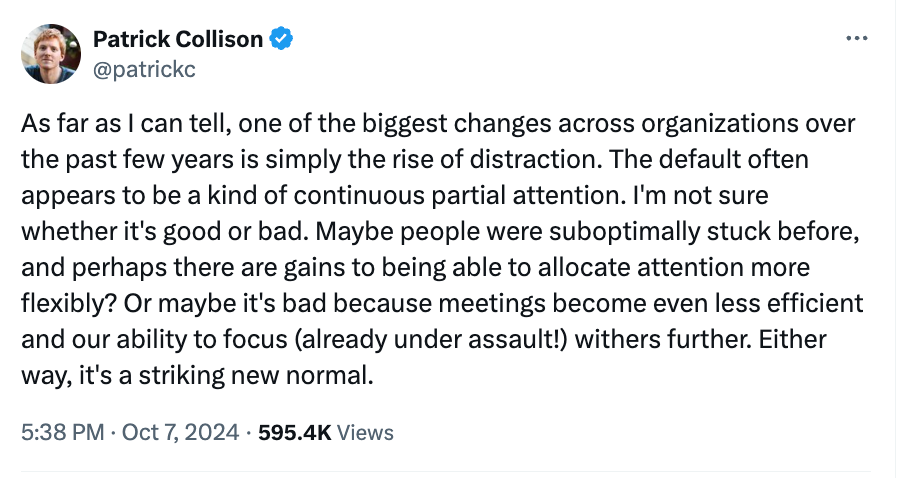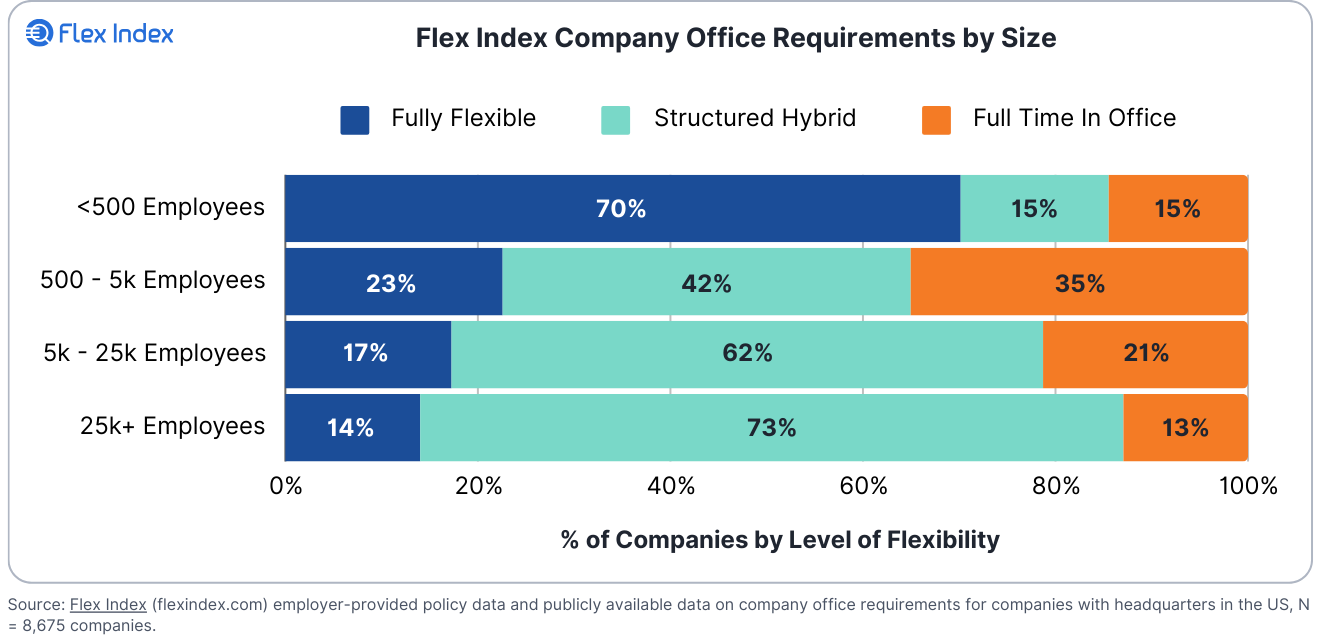In 2022, Cory Doctorow coined the word “enshittification”, which has just been anointed Macquarie Dictionary’s word of the year in 2024. Macquarie defines the word as follows:
‘The gradual deterioration of a service or product brought about by a reduction in the quality of service provided, especially of an online platform, and as a consequence of profit-seeking.’
Most internet users will recognise some degree of enshittification in the web products they use.
Google search used to be famous for magically getting you to the right place in one click, today users often need to scroll a whole screen through subtly labelled ads to see the search results. (And is it by accident or design that the organic links don’t take you to where you want to go anymore?) Amazon purchase journeys now involve scrolling through stacks of sponsored links in pursuit of the thing you really wanted. The enshiffication of YouTube is especially egregious, turning the site into something that stinks like the pop-up era of the internet. It seems astonishing that to avoid especially aggressive advertising on the video site I’m being asked to pay £13 a month, when unlike Disney and Netflix the firm don’t actually make any of the content they are ruining.
Good products are becoming enshittified by shareholder capitalism’s requirement to grow revenue more and more each year.
In Doctorow’s vision this collapse happens in stages. Initially ‘platforms are good to their users; then they abuse their users to make things better for their business customers; finally, they abuse those business customers to claw back all the value for themselves.’
It’s worth saying that the concept has more than a few parallels for the world of work. Many of us are finding ourselves locked in a perma-burnout, stumbling to the end of each year feeling spent. When we’re at work there’s rarely a sense of completion or satisfaction. No sooner have we finished something there’s 10 more tasks that are overdue. Our Teams notifications don’t pause for an instant all day.
The challenge is that the things that are exhausting us feel systemic and out of our control. Microsoft reports that time spent in meetings has trebled in the last decade, and when leaders attempt to change this the gravitational pull of corporate bureaucracy offers resistance. I’ve sat in sessions where senior leaders didn’t feel they had the power to stop their managers creating more and more meetings whenever they want to.
A few weeks ago the boss of payments company Stripe contributed to this discussion by singling out the issue of distraction at work:
Many of the comments to the post mention the insidious impact of messaging apps like Slack and Teams. Threaded messaging means that even when we’re not in meetings we’re still talking about work rather than working. Whether we’re in meetings or out of them we’re in a hazy state of continuous partial attention.
You might think that this enshittification of work is unavoidable, but you surely can’t believe it is optimal.
‘This word [enshittification] captures what many of us feel is happening to the world and to so many aspects of our lives at the moment,’ said the Macquarie committee.
The curse of modern work is that not only do we find ourselves distracted, demanded upon and overloaded while we’re in our working hours, we also find that our greedy jobs are demanding attention from us off the clock. One study of workers with email on their phones found they were frequently in their work messages for 70 hours a week. The constant sense of hurry sickness is contributing to work feeling lonelier and less connected.
The one redeeming change of work in the last five years was the fact that we felt that we’d saved several hours of dead time by no longer commuting to the office on Mondays and Fridays. But sure enough for a lot of organisations leaders have their sights on dragging that improvement back into the enshittified morass of modern work, ‘I imagine you’re distracted at home, I want you distracted in the office’.
This month has seen the publication of several trend decks for 2025. Among the work trends there are repeated mentions that the best firms will take steps to improve their workplace culture. The need for such leadership is long overdue.
It’s time for leaders to fight the enshittification of our jobs, pushing back on their own passivity and reclaiming work at a source of meaning and connection, rather than just another drain on our lives.
‘To me, I think class is the most important issue here, and I don’t think it is being talked about enough’ - Eliza Filby’s Substack about class challenges is really important work, and here she quotes the views of someone in a workshop she ran last week. I’m a big fan of this, the reason why I speak with a Brummie accent is because I grew up on a big council estate in South West Birmingham. I’m not convinced that a 23 year old today could make his way down to a house share in London today. Filby suggests that organisations should know what percentage of their salary employees are spending on rent (it’s 54% on average in London)
Flex Report released further data showing that in office requirements are generally a function of company size. The smaller the firm the greater the flex
How to fix a culture culture? The three biggest contributors are toxic leadership, toxic social norms, and poor work design. (I also chatted to the authors of this piece Donald and Charlie Sull):
Trendapalooza
It’s the end of year so there have been a number of workplace trends deck published. Here are the summaries of some of the big ones. You can download each full deck by clicking on the company names.
Employees are so keen to use AI at work that they’re bringing their own - companies need to consolidate with a coherent plan.
Employees who use AI are finding it makes their workload easier and makes them happier. Leadership’s AI hesitancy is creating a gap with employees.
Power users in AI (often self-trained) are leading the way and give opportunities for internal mentoring. Training across the board is needed.
HR departments are already using AI. Leaders know they need to get onboard but feel they lack a clear strategy on it.
AI’s impact on work is demanding new skills and new competencies but organisations are struggling to identity and train for them.
When used well AI can enhance HR’s strategic role.
Organisations need to allow employees to customise their experience at work (especially schedules & benefits). Reward needs to go beyond traditional pay and benefits
Building a thriving workplace culture is going to be critical for business success in the future
Focus should be on accommodating differing generational needs at work








Haha, enshittification - what a spot-on concept. Loved the trend decks as well, thank you!
Are you aware of any good reports on mental health in the workplace? I'm focused on the specific challenges of childhood trauma survivors at work, and the data on this - or any data on mental health at work, really - seems very rare.
Any meeting that happens ought to be a working meeting. If nothing is being created, the meeting should not be happening. Simple as. I encourage as many working meetings as needed. No non-working meetings. Team building stuff is very much a 'working meeting' to me, as what is being created there is human cohesion and teamwork.